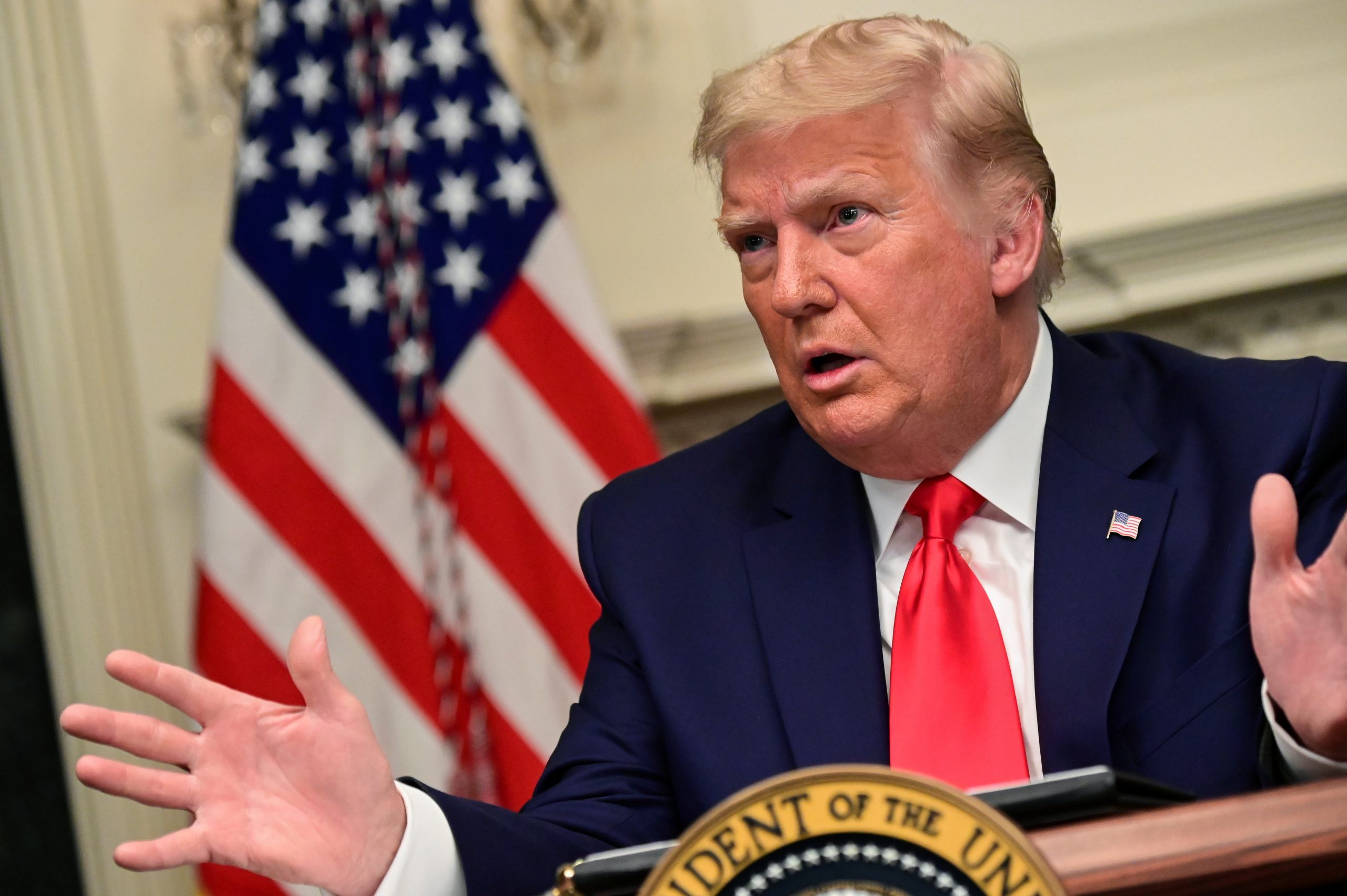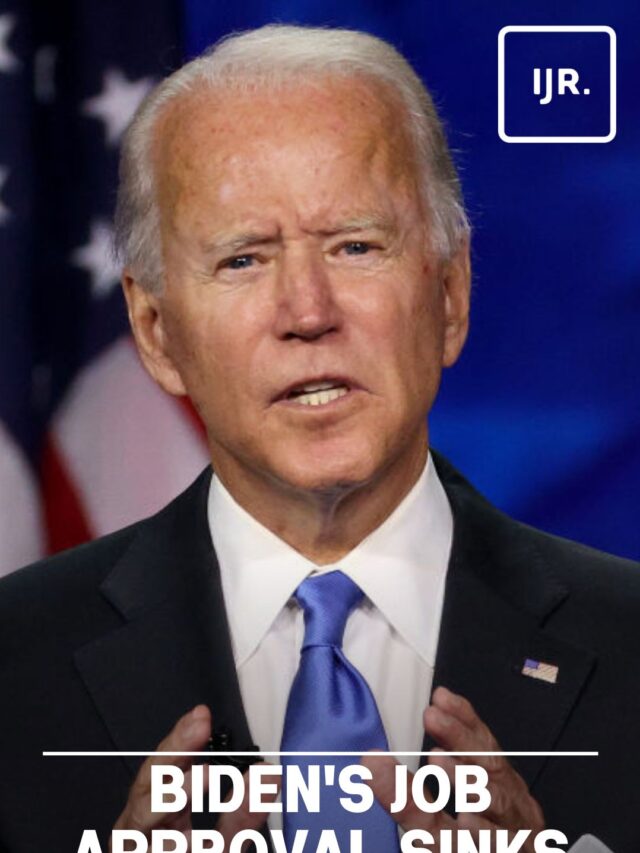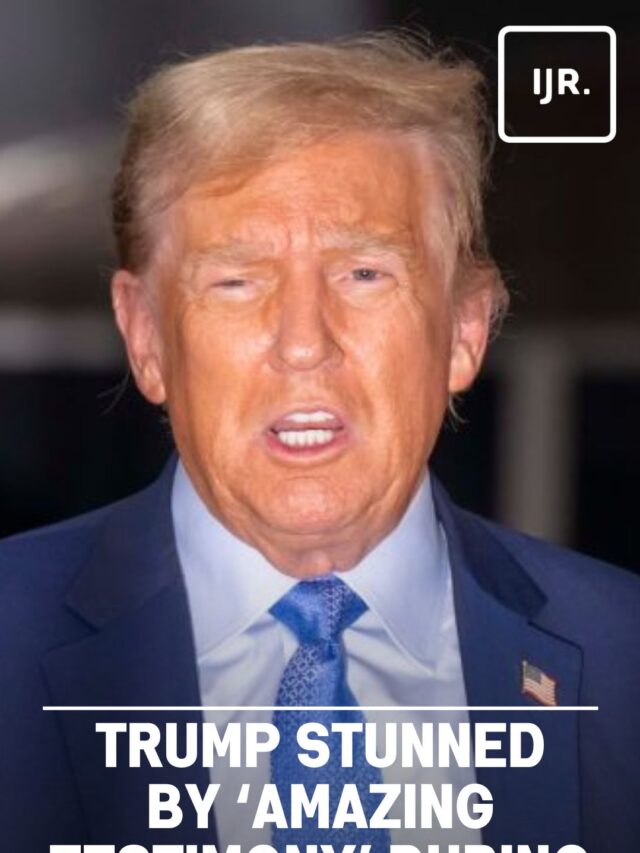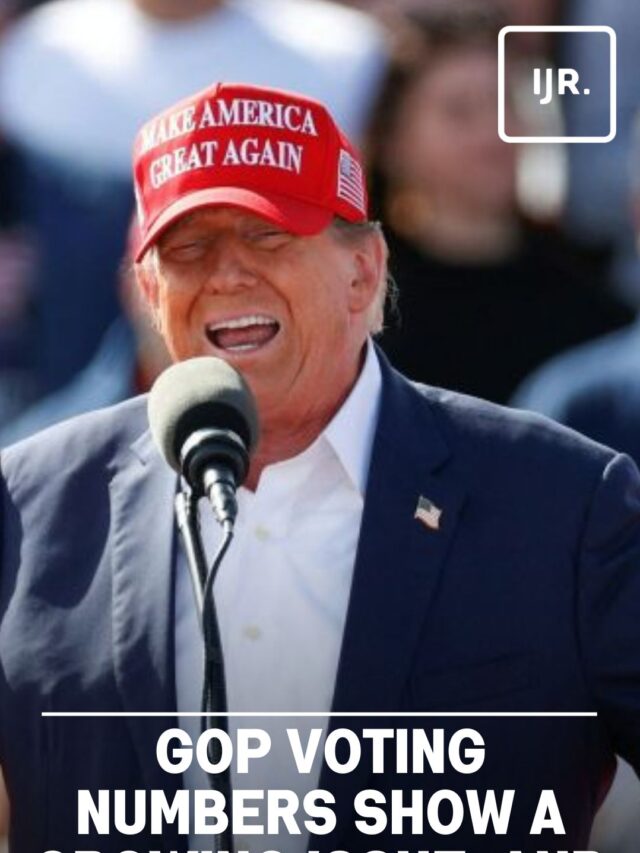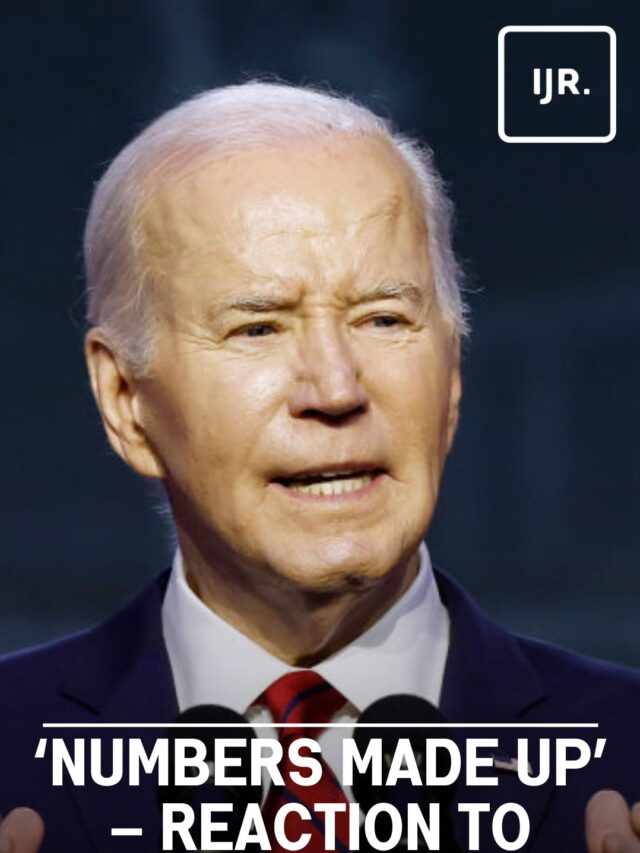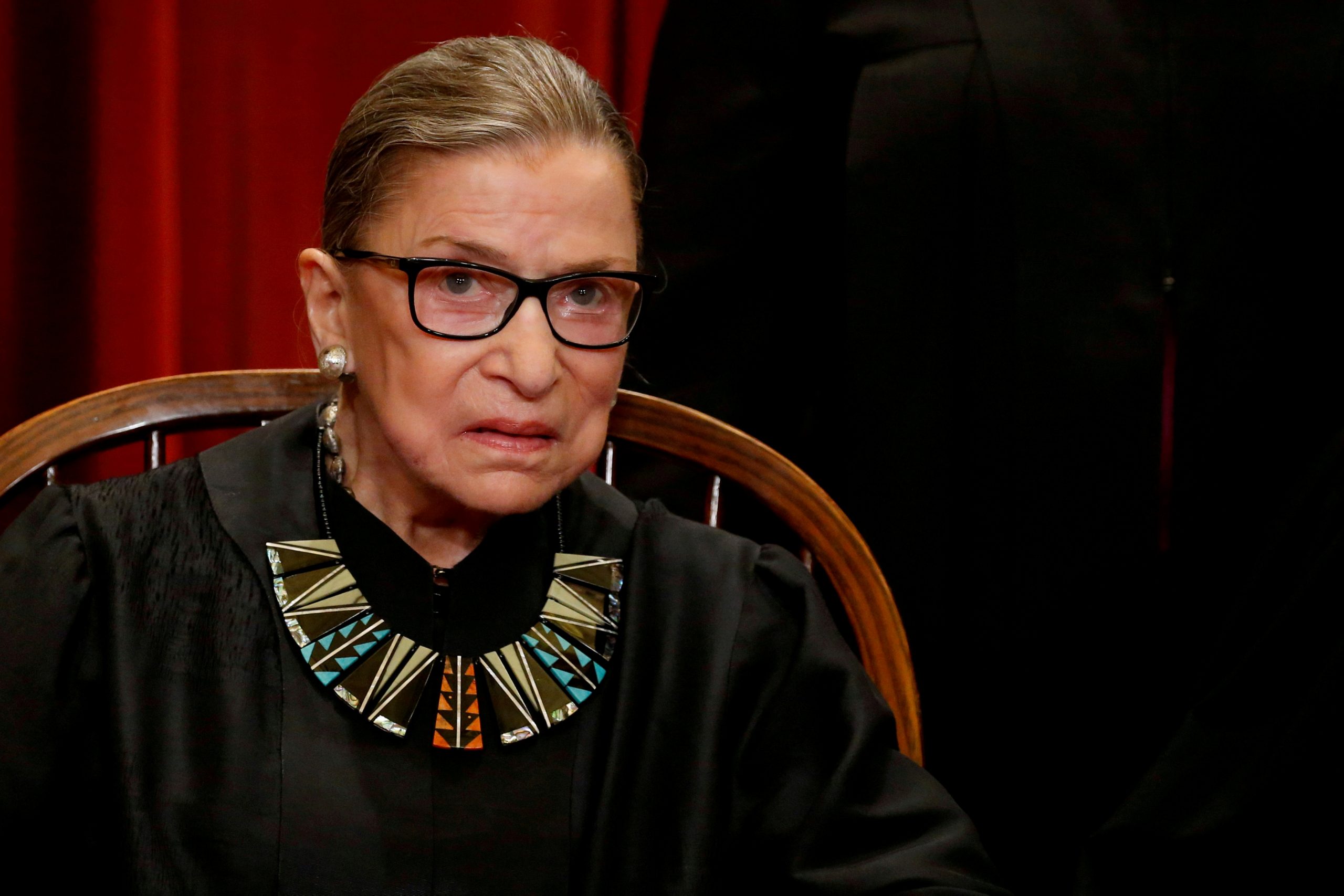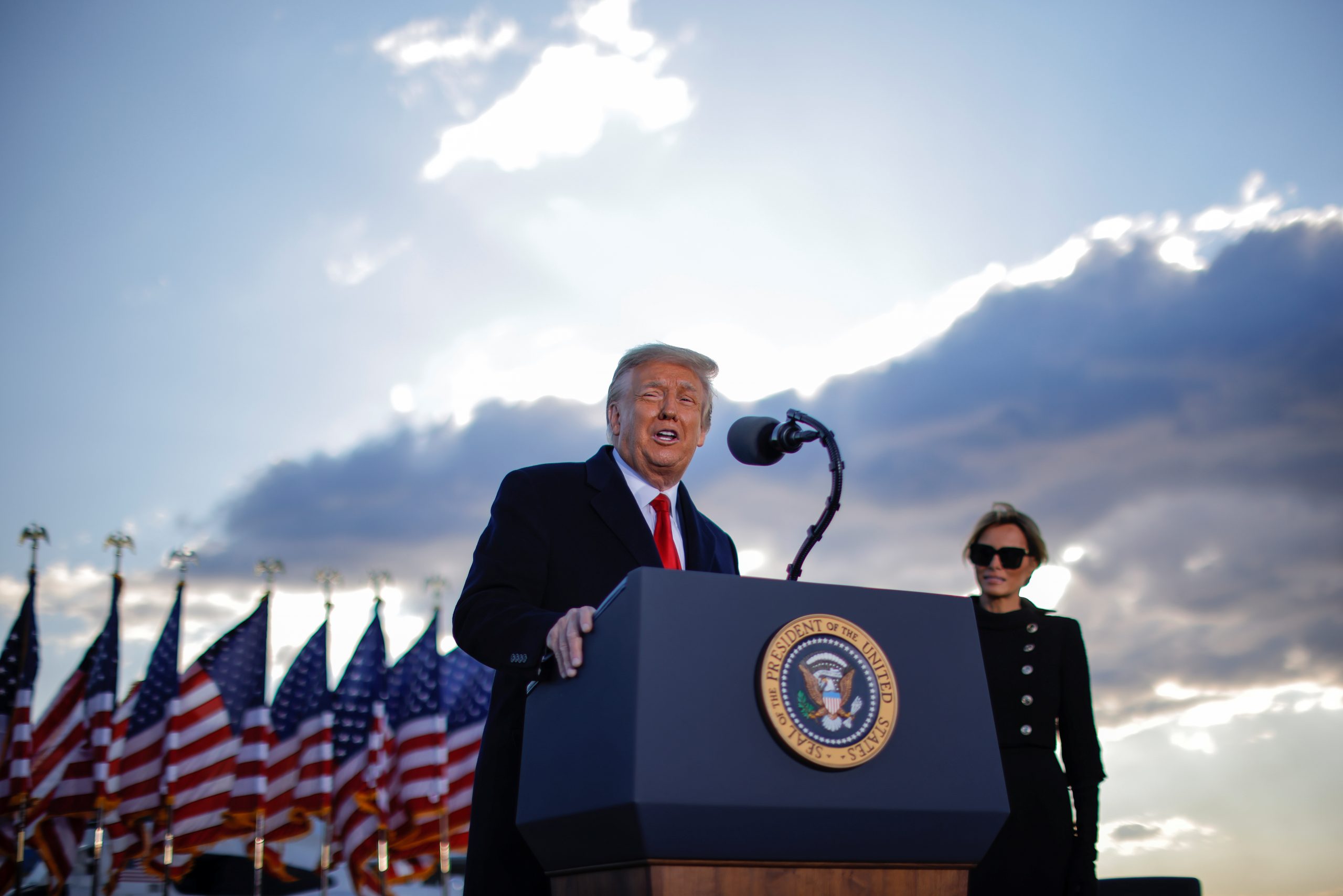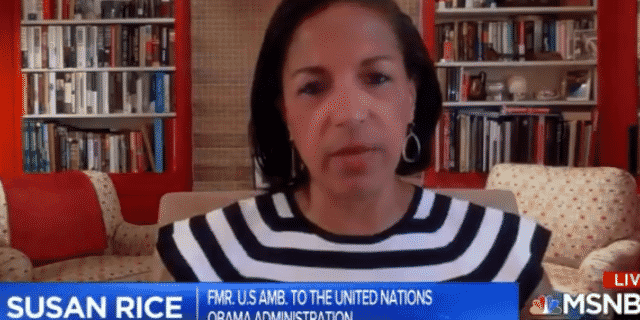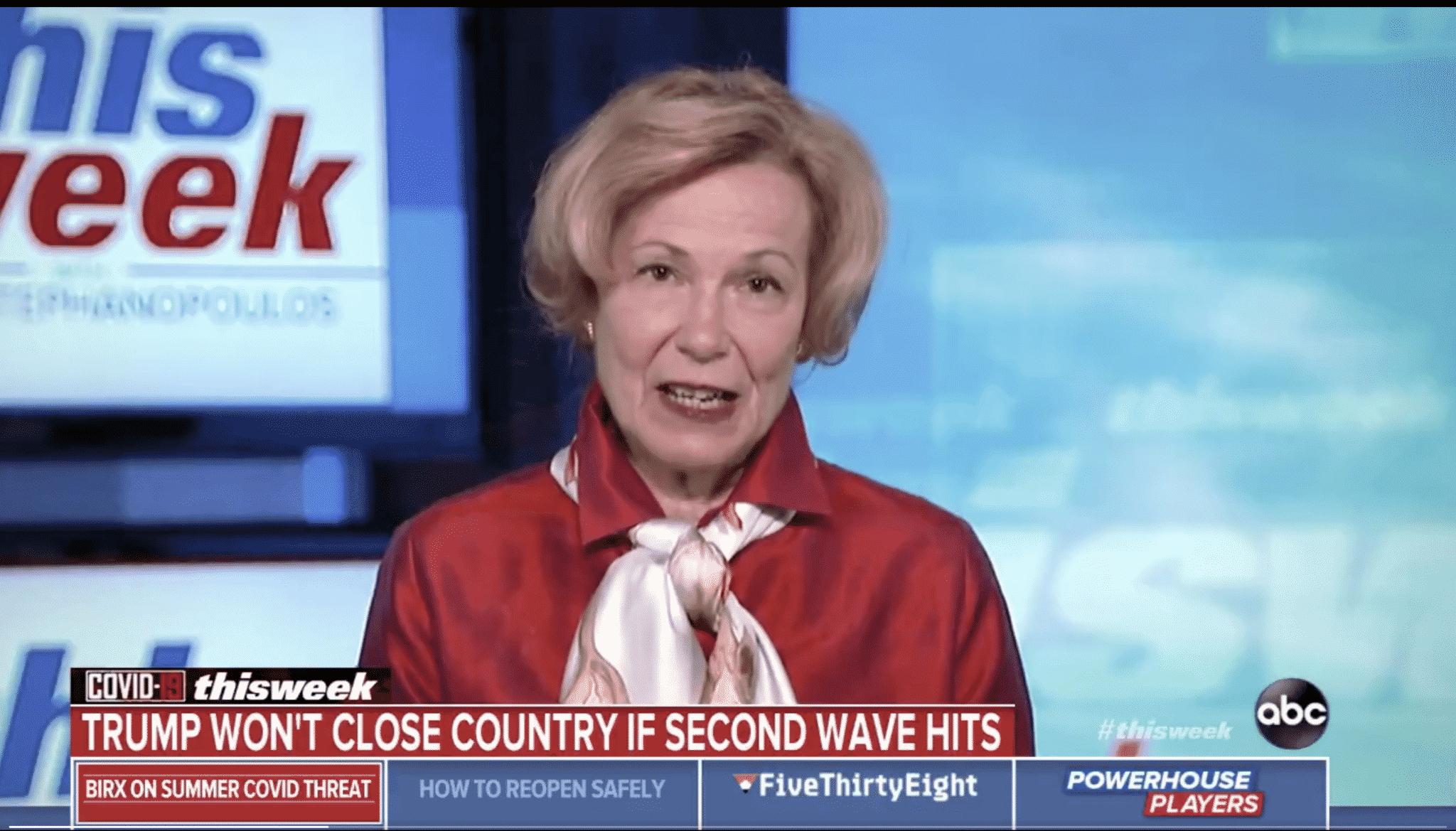A federal appeals court on Friday rejected a request by U.S. President Donald Trump’s campaign to block President-elect Joe Biden from being declared the winner of the battleground state of Pennsylvania, dealing another significant setback to Trump’s bid to overturn the results of the Nov. 3 election.
“Free, fair elections are the lifeblood of our democracy. Charges of unfairness are serious. But calling an election unfair does not make it so,” wrote Stephanos Bibas on behalf of a three-judge panel.
“Charges require specific allegations and then proof. We have neither here,” he wrote Bibas, who was nominated by Trump. The case could still be appealed to the U.S. Supreme Court.
Pennsylvania certified Biden, who won the state’s popular vote, as its winner this week. Under Pennsylvania law, the candidate who wins the popular vote in the state gets all of the state’s 20 electoral votes.
Trump, a Republican, has refused to concede to his Democratic rival and continues to claim, without evidence, widespread voter fraud.
But as his legal challenges to the results fail, Trump said on Thursday he will leave the White House if the Electoral College votes for Biden, the closest he has come to conceding the election.
On Monday, Trump’s administration cleared the way Biden to transition to the White House, giving him access to briefings and funding even as Trump vowed to continue fighting the election results.
Soon after Friday’s ruling, Trump posted a video from Newsmax on Twitter about alleged voter fraud in Nevada.
The Trump campaign filed the Pennsylvania case earlier this month, saying that county election officials had treated mail-in ballots inconsistently and asking U.S. District Judge Matthew Brann to halt certification of the results.
Some counties had allowed voters to fix minor deficiencies with their ballots, such as a missing “secrecy envelope,” while others did not.
Brann dismissed the case on Nov. 21, saying the case was based on “strained legal arguments” and “speculative accusations.”
He said he did not have the authority to strip the right to vote from “even a single person, let alone millions of citizens.”
On appeal, the campaign said it was focusing on the “narrow” question of whether Brann improperly refused to allow it to amend its lawsuit a second time. It had sought to add back allegations that it had earlier dropped, including claims that its due process rights were violated.
(Reporting by Makini Brice in Washington; Editing by Noeleen Walder and Alistair Bell)
